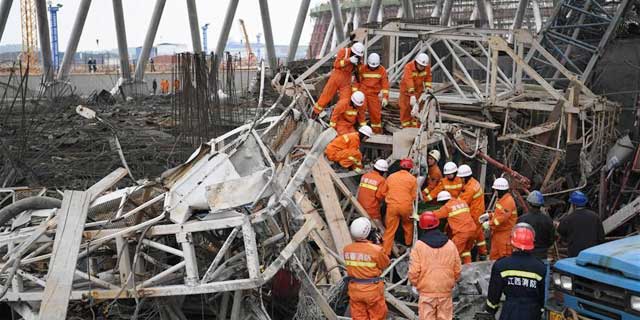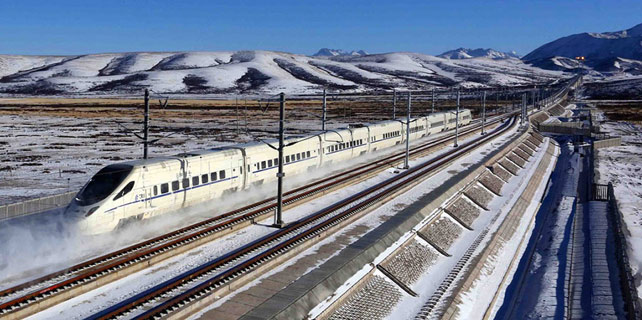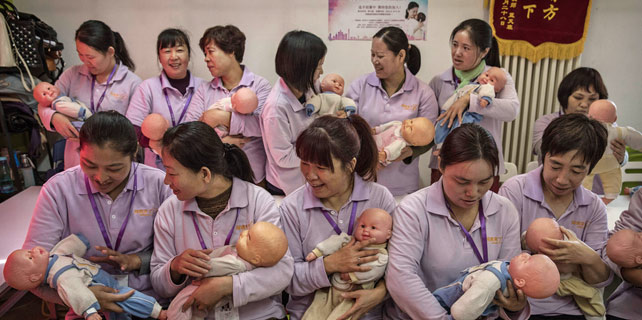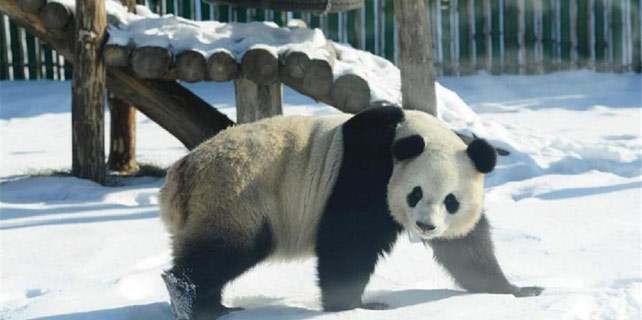No backsliding on overcapacity, officials say
Li vows reforms will continue, even as steel and coal prices rise
While China has made remarkable progress in cutting steel and coal production overcapacity, the prices of those commodities have bounced back in recent months. This has caused officials to vow continued efforts to keep overcapacity from rebounding.
Premier Li Keqiang outlined the issues facing the nation as he presided over the State Council's executive meeting on Wednesday, when a report on overcapacity was deliberated.
By the end of October, China already had reached its annual target of cutting 45 million metric tons of steel overcapacity and 250 million tons of coal overcapacity.
President Xi Jinping told leaders at the G20 summit in Hangzhou in September that China's plan for cutting the excess capacity in coal and steel is based on China's plan for long-term growth.
Phasing out excess industrial capacity properly-a clear priority-means using market-driven and law-based measures, Li has emphasized.
Thanks to such efforts, a number of steel and coal producers have seen their fortunes improve. The profits of industrial enterprises with revenues of over 20 million yuan ($2.9 million) grew by 8.4 percent from January to September, according to the National Development and Research Commission.
This has been made possible by such measures as shutting down small-scale and inefficient coal and steel producers and punishing illegal practices. Local governments have also placed strict controls on adding any new capacity, and local officials who break the rules are held accountable.
Li added that the re-employment of workers has made good progress, meeting the original targets set.
While 2016 marked the initial big push against overcapacity, there are still issues to be addressed, Li said. New, illegal capacity has sprung up in steel and coal in some areas as prices have recovered. Also, worker relocation remains a problem for some enterprises, and will be addressed, he said.
The premier stressed that in the coming year, it will be important to phase out excess capacity through reform, taking further steps in mergers and acquisitions of steel enterprises, as well as integration of coal mining and power generation.
"We should have zero tolerance for steel and coal producers that fail to meet national and environmental standards," Li said.
It was decided at the Wednesday meeting that the State Council will dispatch investigative teams to address any cases of fraud and illegal practices.
Chen Fengying, a researcher at the China Institutes of Contemporary International Relations, said that while targets have been reached, industrial upgrading and structural optimization should be given more weight than specific numbers of overcapacity.
"We need to produce more mid-to high-end steel and use it in infrastructure construction to make sure there will be no jerry-built projects."
Zou Shuo contributed to the story.






















